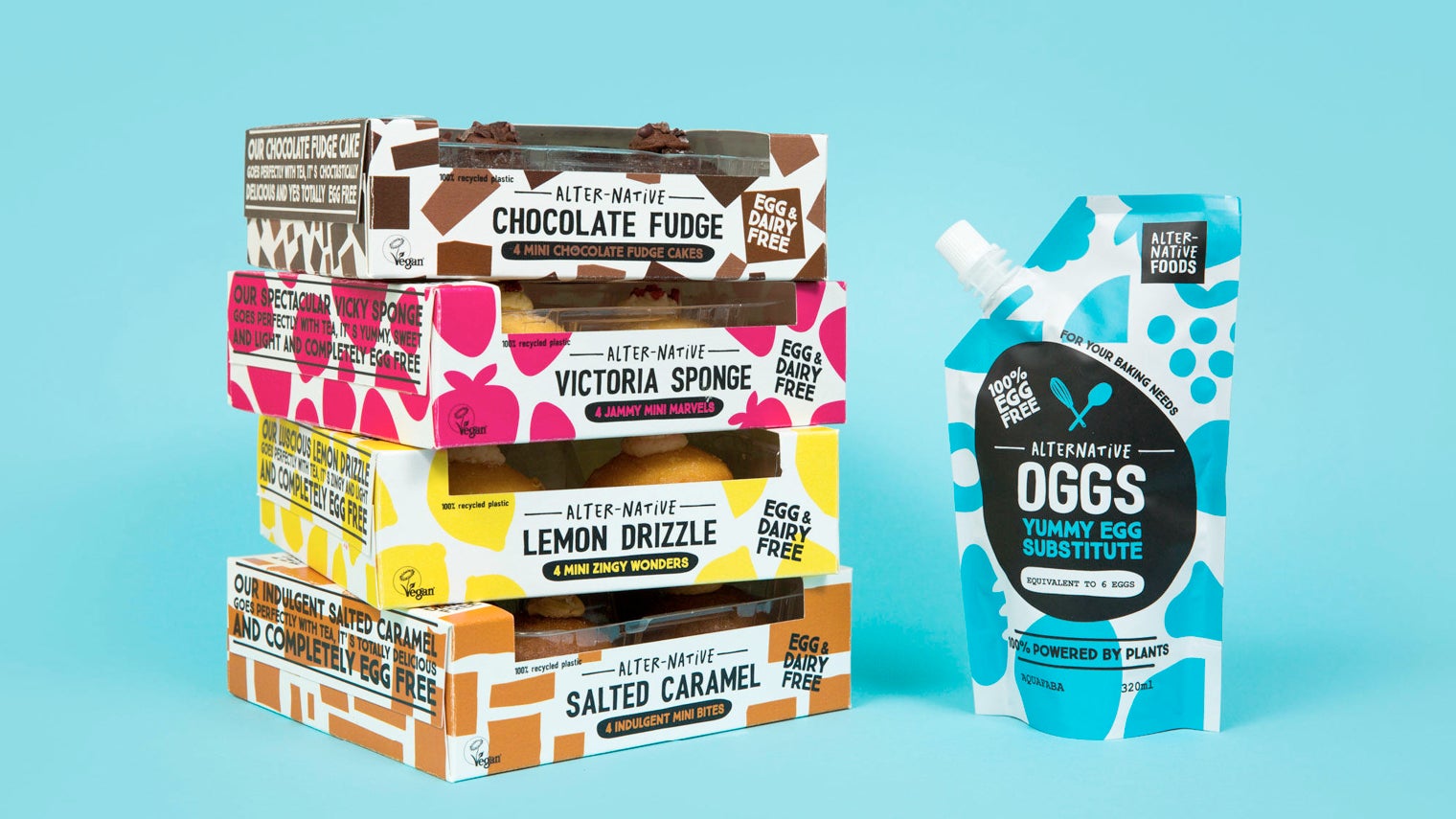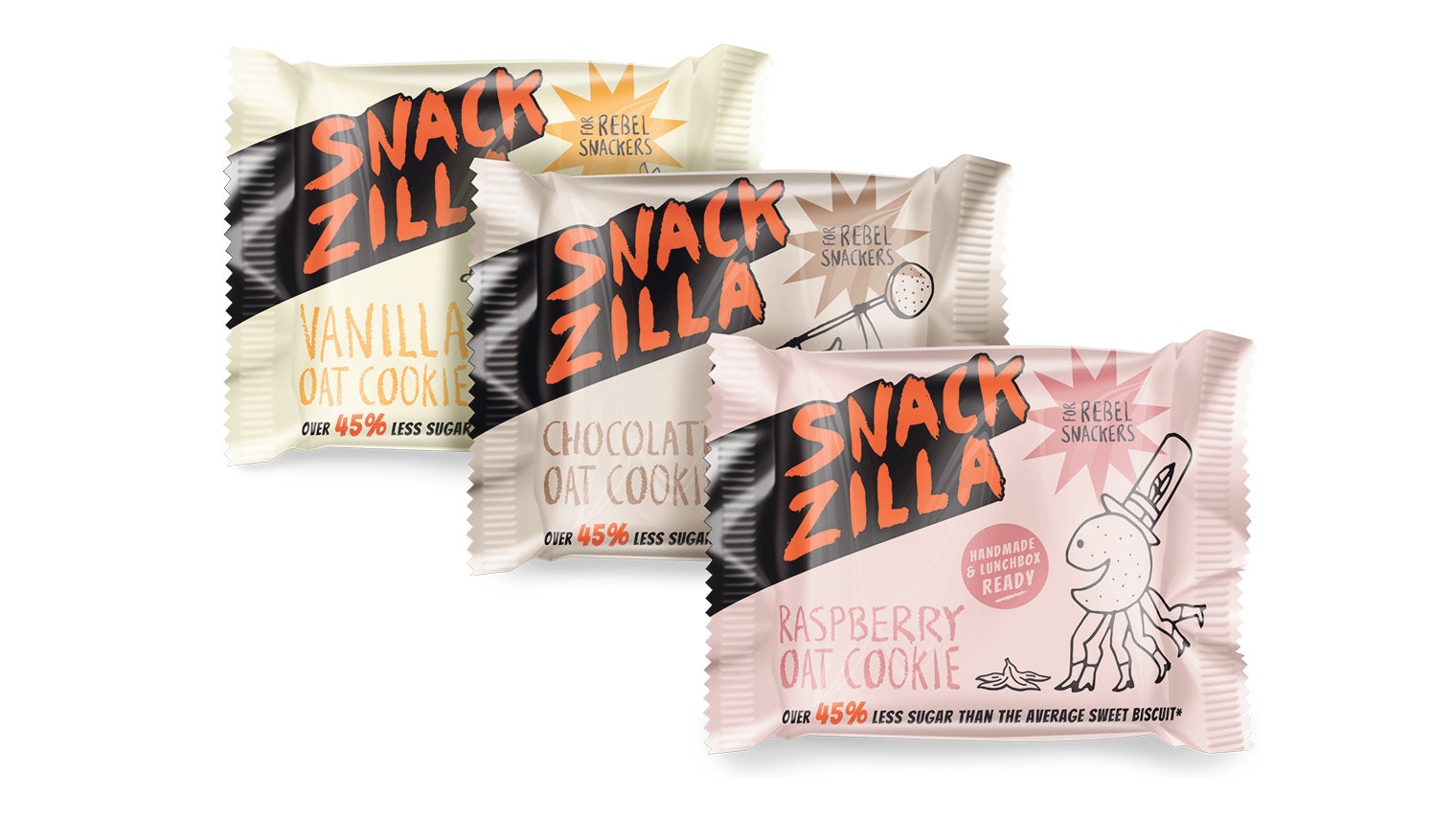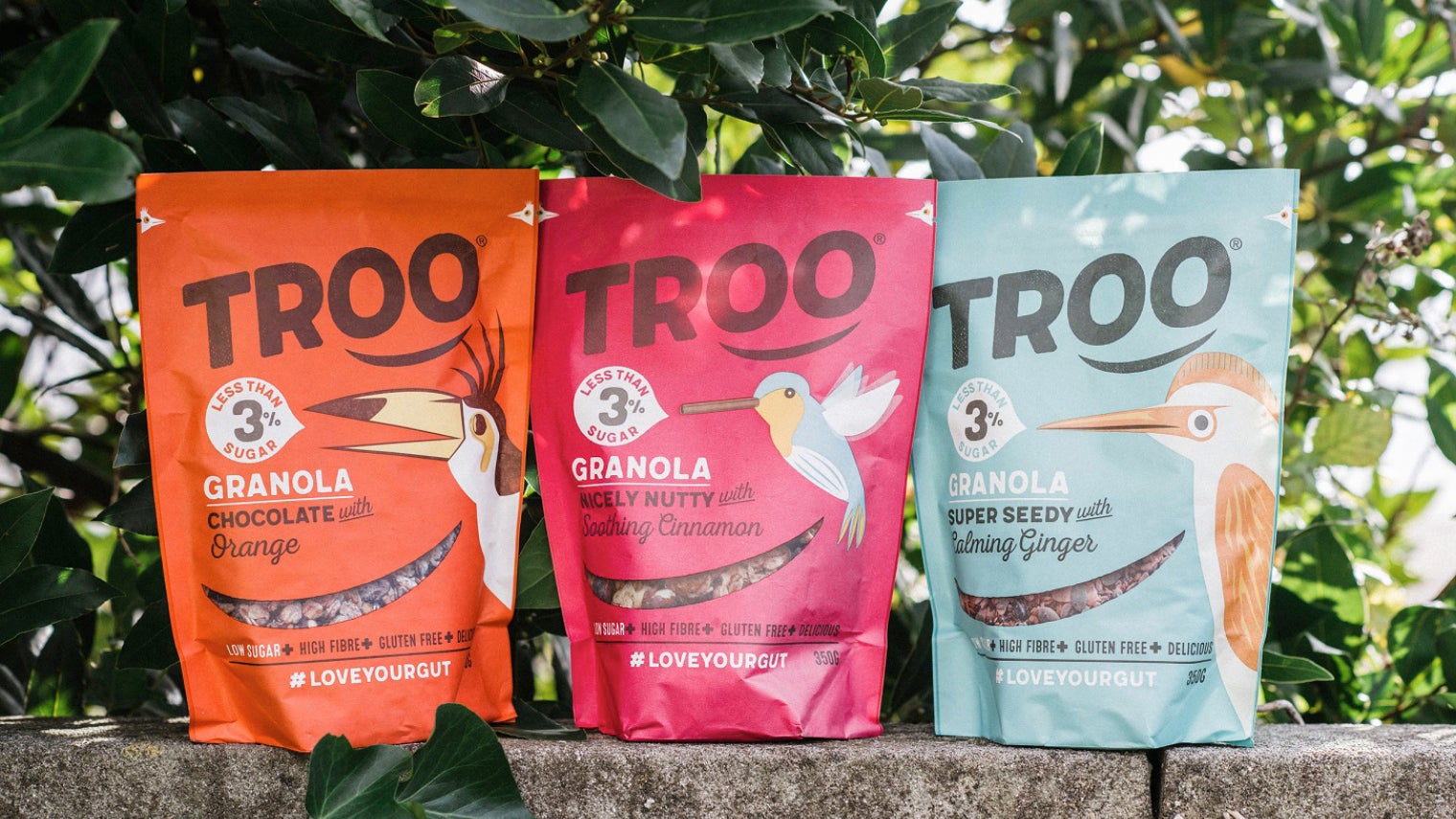When it comes to food, packaging needs to be fit for purpose. It has to be robust so it doesn’t split or burst and spoil the contents. It needs to look good, attract consumers’ attention and, in some cases, appear upmarket. It must have the correct allergen labelling so consumers can buy with confidence.
Perhaps just as important, it should be made from eco-friendly materials.
According to a 2018 Nielsen report, Sustainable shoppers buy the change they wish to see in the world, 49 per cent of global respondents surveyed indicated they would be willing to open their wallet and pay more for products with high-quality standards, which they associate with good sustainability practices. Some 38 per cent said they would be inclined to pay more for products that use sustainable materials.
Realising there’s a growing appetite among consumers for eco-friendly packaging, food businesses are embracing sustainability to boost brand perception and enhance the customer experience.
Hannah Carter, OGGS
Hitting the shelves of Sainsbury’s and Waitrose from June will be OGGS’ (previously Alternative Foods) egg-free cake range, with flavours including chocolate fudge, salted caramel and lemon drizzle. The company has also created the world’s first liquid egg substitute, which will launch in September, made from the cooking liquid from chickpeas, aquafaba.
As a socially conscious, plant-based food manufacturer, one of OGGS’ fundamental aims is to help bring about the change required for a sustainable future. Developing egg-free cakes is only a small part of this; another is using environmentally friendly plastic packaging that is 100 per cent recycled, recyclable and biodegradable, founder Hannah Carter explains.
“Eco-friendly packaging is becoming a ticket to the game, rather than just being a game-changer,” she says.
While it isn’t immediately obvious to anyone browsing supermarket aisles that a product is packaged in eco-friendly materials, consumers are increasingly buying products with a message behind the brand. They’ll often take their time to research products at home before making a purchase in-store.
“A brand, today, goes beyond the physical product. Consumers are interested in all aspects of the manufacturing process, and the ingredients and materials used. This includes how they’re sourced, the ethics in the supply chain and how it’s all packaged,” says Ms Carter.
“With this in mind, we attract and retain brand loyalty through adding value to our customer experience, not just in our end-product, but at every stage of the supply chain.”
Marieke Syed, Snackzilla
When Marieke Syed conducted market research for her new premium health snack for children’s brand Snackzilla, the first thing the majority of parents asked her about was the packaging.
“Education on, and public perception of, single-use plastics has moved at such a pace over the last couple of years. Even kids are talking about plastic pollution,” says Ms Syed.
Snackzilla has developed a range of oat cookies that are high in fibre and contain 45 per cent less sugar than most sweet biscuits; comparisons were made with more than 100 other biscuits. But while the products, which will be made in a nut-free factory, have been ready for over a year, Ms Syed has been on a long journey to get the wrapper right.
“Sustainability is one of the key drivers for us and we want to demonstrate to our customers that we are a purpose-led brand: a better snack option for their kids’ health and a better packaging option for the planet and their kids’ future,” she says.
Being committed to eco-friendly packaging isn’t without its problems, especially in terms of shelf life and price point.
“I’m going against what many of my competitors are doing and what makes sense financially, so it does feel like I’m taking a massive risk,” adds Ms Syed.
Final trials of the packaging are taking place and Snackzilla is currently in talks with national retailers.
Helenor Rogers, TrooFoods
Last year saw the launch of the UK’s first cereal brand to be packaged in plastic-free pouches. Troo is a range of granola that comes in paper bags developed by Sirane, the firm behind the compostable food packaging innovation Earthpouch.
“Going plastic free was a very deliberate move aimed at visibly demonstrating our brand values and living up to our brand name,” says gut health company TrooFoods’ co-founder Helenor Rogers. “It’s been well received by consumers. For some, it’s a reason to purchase and for others, it’s the icing on the cake.”
Troo’s biggest customer is currently the doorstep milk service Milk & More; its plastic-free granola fits perfectly with their milk in glass bottles and yogurt in glass jars. Troo is also stocked by Waitrose and was featured in the March edition of SuliBox, a sustainable subscription box. And while this has driven consumers to buy directly from Troo’s website in the weeks since, feedback received is helping to shape future customer experience.
“A customer got in touch the other weekend asking we consider replacing the tape we use for packing orders with paper tape. This is something we’d been looking at, but hadn’t implemented. The customer’s request was enough to push us to make a move on it straightaway,” says Ms Rogers.
Being plastic free is a crucial differentiator, she adds. From a consumer perspective, Troo is appealing to those who are actively doing something to reduce their carbon footprint. From the trade perspective, Troo is an example of consumers being happy to support brands that have made a choice to be more sustainable.
“It’s a definite win-win,” says Ms Rogers. “As a company aiming to leave a positive legacy, doing anything less just doesn’t feel right.”

Hannah Carter, OGGS


